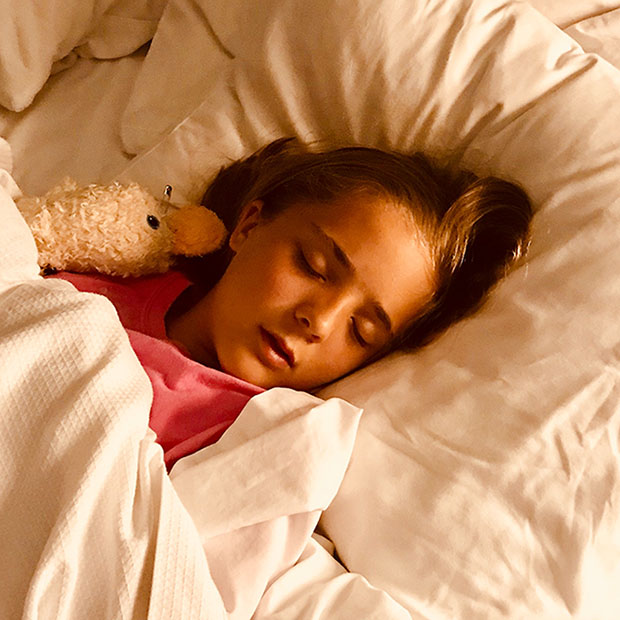Your Oral Health and Sleep Apnea

We all need to sleep well to feel our best.
In the United States alone, up to one in five habitually snoring children and over 18 million adults have sleep apnea, a sleep disorder characterized by repeated interruptions to normal breathing during sleep. It makes it difficult to achieve a restful night of sleep, with numerous short and long-term effects, including several to oral health.
Oral Health Risks
Those with sleep apnea are at an increased risk of developing severe gum disease and temporomandibular joint disorders (TMD). They are also likely to have dry mouth, which increases the risk of gum disease and tooth decay.
The Dentist Can Help
It is so common to experience dental symptoms with sleep apnea that the dentist is often the first healthcare professional to observe the signs and diagnose the condition. That’s one good reason of many to keep up with regular dental appointments — not just for the sake of oral health, but also overall health!
Sleep Apnea Can Be Treated
Common ways sleep apnea is treated include nighttime oral appliances that adjust the position of the jaw and tongue and continuous positive airway pressure (CPAP) machines.
